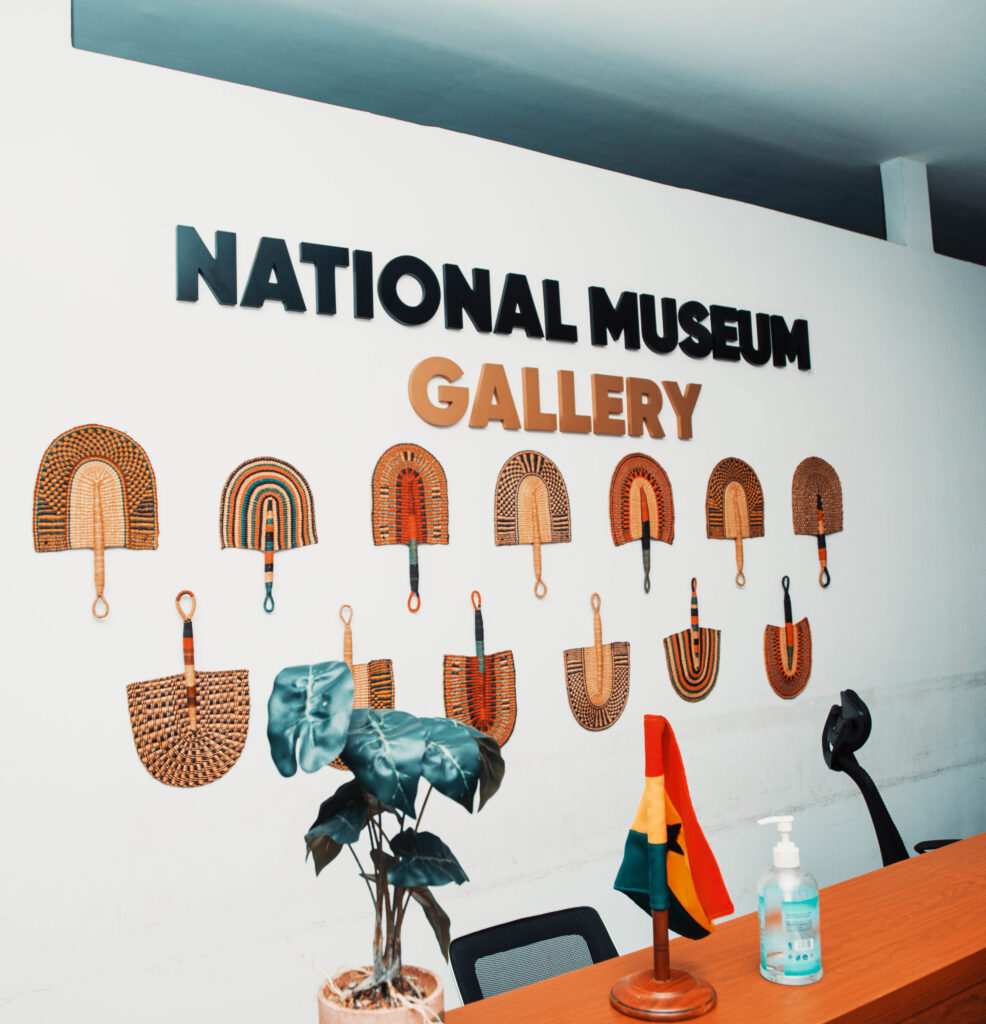Executive Summary
The birth of Hip-hop was the start of a cultural revolution. Unbeknownst to its founders at the time, this genre blending sound was destined to take the world by storm evolving further into what is today known as pop-music. A derivative of hip-hop that has gone on to define contemporary music. It all started on August 11, 1973, when the first elements of hip-hop emerged when Clive Campbell, also known as DJ Cool Herc, played music at his sister’s back-to-school party in the Bronx, showcasing his innovative turntable skills. That set in motion a series of very fortunate events which over the last 5 decades have established countless industries, careers and economies.
Commemorating 50 years since the start of the hip-hop genre recognizes its cultural impact, honours its pioneers, educates the public, and serves as a platform for discussions about its historical and contemporary significance. It’s a way to celebrate an art form that has shaped culture, music, and society for half a century.
Ghana and Africa were not left out of this revolution. To prove this, Accra Art Week partners Global Fusion and the National Museum of Ghana to host a series of exhibitions aimed at highlighting the continued importance of hip-hop culture. Unearthing the very roots of hip-hop centred in African culture and philosophy.
As you step into this exhibition, you will be transported into a world where traditional rhythms harmonize with urban beats, where storytelling takes on new forms, and where creativity knows no bounds.
Foreword by Ghana Museum & Monuments Board (GMMB)
Greetings, esteemed visitors,
It is with great excitement and pride that I invite you to explore our newest exhibition at the National Museum of Ghana: “From Hip-Hop to Hip-Life: A Journey of Rhythms and Stories.” As the CEO, I am honoured to present this unique showcase of the powerful cultural phenomenon that is hip-hop, interpreted through the lens of Ghanaian creativity and expression.
I take this opportunity to welcome you to the National Museum of Ghana which is under the supervision of The Ghana Museums and Monuments Board (GMMB) a government agency in Ghana responsible for the preservation, conservation, and promotion of the country’s cultural heritage, including museums, monuments, historical sites, and artifacts. It was established in 1957, the same year that Ghana gained independence from British colonial rule. This shows the importance of the creative arts in the independence and self-actualisation of Ghana.
The GMMB’s primary objectives include:
Conservation and Preservation: The board is responsible for conserving and preserving Ghana’s cultural heritage, including historical artefacts, archaeological sites, traditional buildings, and monuments.
Museum Management: The GMMB manages a network of museums across the country, each showcasing different aspects of Ghana’s history, culture, and natural heritage. These museums serve as educational and cultural centres for both Ghanaians and visitors.
Research and Documentation: The board conducts research and documentation related to Ghana’s cultural heritage. This involves studying historical sites, artefacts, and traditions to better understand the country’s past and its significance.
Education and Outreach: The GMMB is involved in educational programs and community outreach initiatives to raise awareness about Ghana’s cultural heritage. This includes organising exhibitions, workshops, lectures, and other events to engage the public.
Tourism Promotion: The GMMB plays a role in promoting cultural tourism by highlighting historical sites, monuments, and museums as tourist attractions. This helps generate revenue and supports local economies.
Cultural Policy and Advocacy: The board may also be involved in advising the government on cultural policy matters and advocating for the protection and promotion of cultural heritage.
Throughout its existence, the Ghana Museums and Monuments Board has played a crucial role in preserving
Ghana’s diverse cultural heritage and making it accessible to the public. It contributes to fostering a sense of national identity and pride by showcasing the rich history, traditions, and contributions of the Ghanaian people.
It is therefore with great excitement and pride that I invite you to explore our newest exhibition at the National Museum of Ghana: “Hip-Hop in Ghana: A Journey of Rhythms and Stories.” As the CEO, I am honoured to present this unique showcase of the powerful cultural phenomenon that is hip- hop, interpreted through the lens of Ghanaian creativity and expression.
At the National Museum of Ghana, our mission is to celebrate and preserve the diverse tapestry of our nation’s heritage. Hip- hop, a global force that transcends borders, has woven itself into the very fabric of our society, becoming a vibrant thread in the narrative of modern Ghana. This exhibition aims to illustrate the dynamic interplay between hip-hop and our rich cultural traditions, highlighting its profound impact on music, art, fashion, and society.
Curatorial Statement
EXHIBITION TITLE : “FROM HIP-HOP TO HIP LIFE: A JOURNEY OF RHYTHM AND STORYTELLING.”
The global popularity and cultural impact of hip-hop has left an Indelibl mark on the musical landscape of many African nations, including Ghana. However, the journey’’ from hip-hop to hip- life.’’ is hardly discussed in the lexicon of African or Black music. This transnational journey was perhaps long embedded in the African DNA. At its core, hip-hop stems from Rap, i.e. Rhythm And Poetry. Two things embedded in African storytelling across the continent.
This is exemplified by generations of Okyeame, {A spokesperson or linguist who is appointed as the official representative of an Akan Chief} who through prose, employs the voice of and acts as a mediator between the authority and the people (backed by a traditional African drum). He is a master of oratory and ceremony (MC), he wields the symbol of authority a linguist staff or in a contemporary sense a microphone. In essence, the word spoken over beats and the very role of the rapper is rooted in an ancient African practice. It is quite hard to ignore these linkages but looking closer in time, it is much easier to see the influence of hip hop in African popular culture and society.
This exhibition is not just a celebration of music; it is an exploration of cultural evolution, a testament to the enduring spirit of creativity, and a tribute to the artists who continue to shape our nation’s narrative. Discover the bridges that hip-hop builds between Ghana and the world. The popularity of hip-hop has facilitated
cultural exchange between Ghana and other countries, leading to the sharing of ideas, experiences, and musical influences.
Through the memorabilia and collectible artwork, revisit this vibrant visual culture that hip-hop has birthed. From graffiti to fashion, witness how artistic expressions amplify the voices of the youth and challenge societal norms.
This exhibition stands as a testament to the incredible power of art and music in shaping our identities, reflecting our societies, and catalyzing change. Through meticulously curated memorabilia, pulsating music, and an array of artifacts, we invite you to explore the profound impact of hip-hop in the context of Ghana.
As curators of this captivating journey through time and culture, we thrilled to guide you through an immersive experience that delves into the fusion of tradition and modernity, where beats meet storytelling, and where history meets the present.
Participating Artists
Timothy Gobah
Daniel Kwesi Mensah ‘’`Scrappa’’
Adusu Richie
Kwame Adjaye ‘’Midichi’’
To end the year, the final edition of the event is taking place at the National Museum on 22nd December marking the end of the celebration of Hiphop @ 50, Ghana edition. The event will feature an art exhibition, a cypher performance, DJ performances, graffiti artwork among others.


0 comments on “Hip hop @ 50 Ghana edition, National Museum of Ghana.”